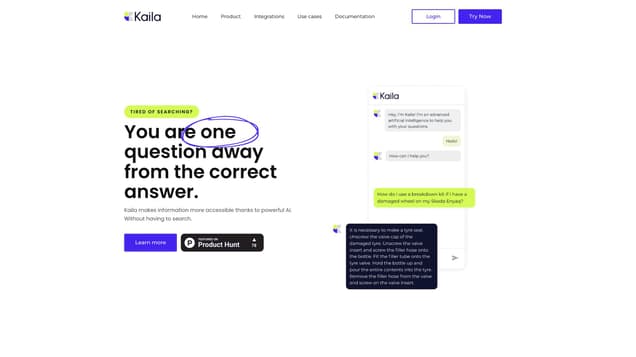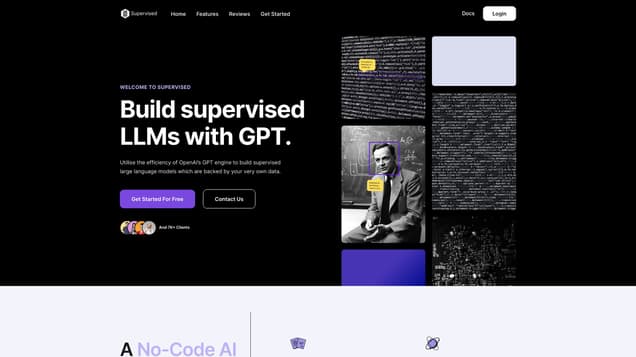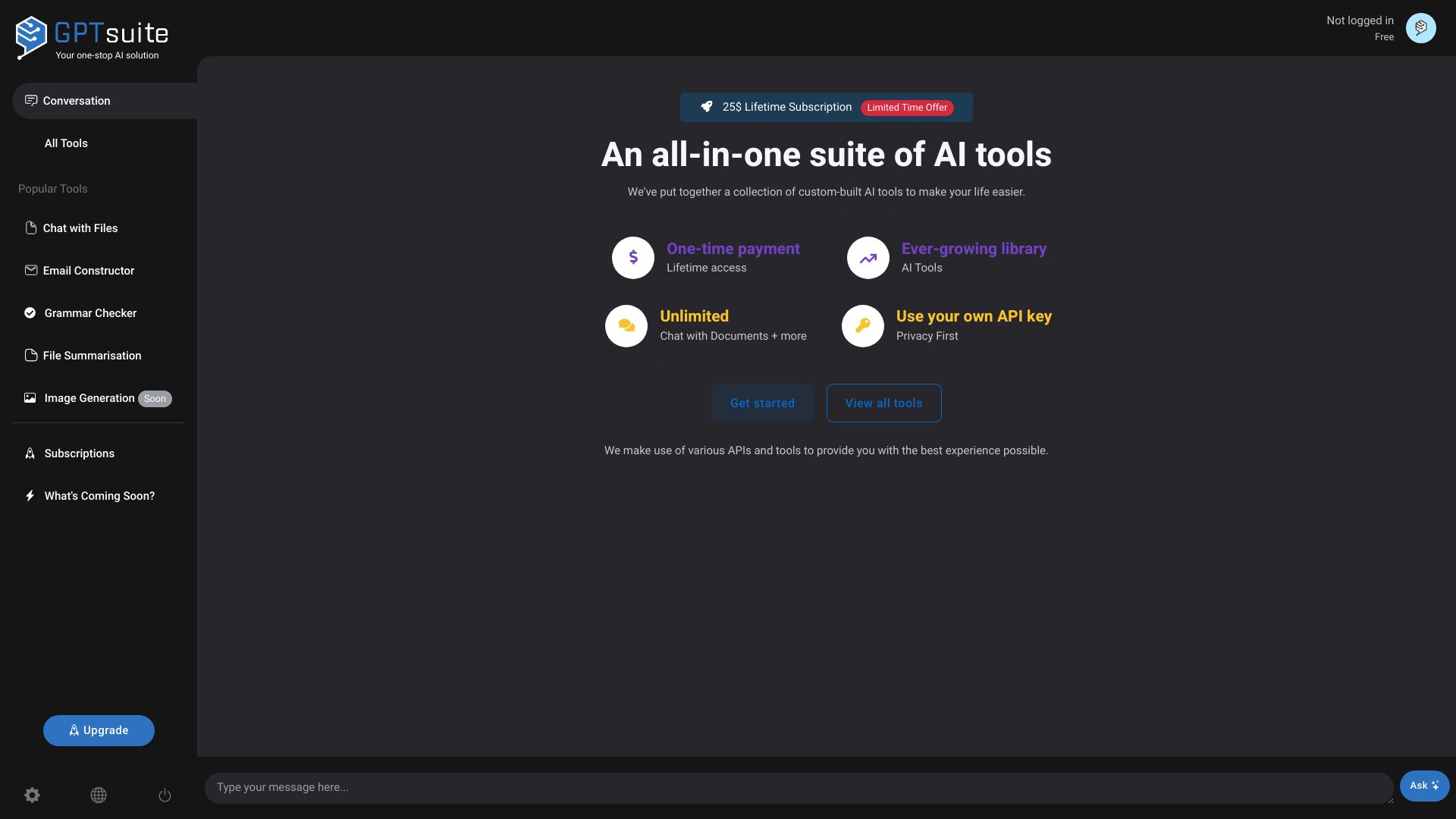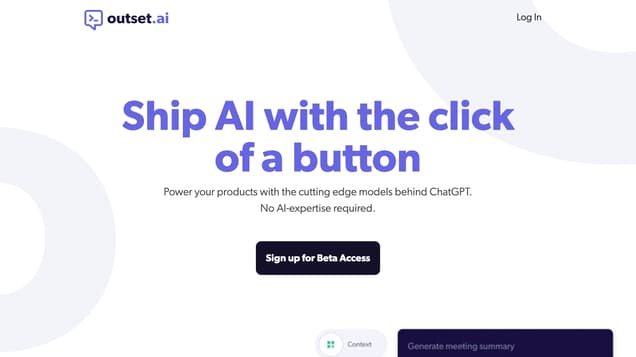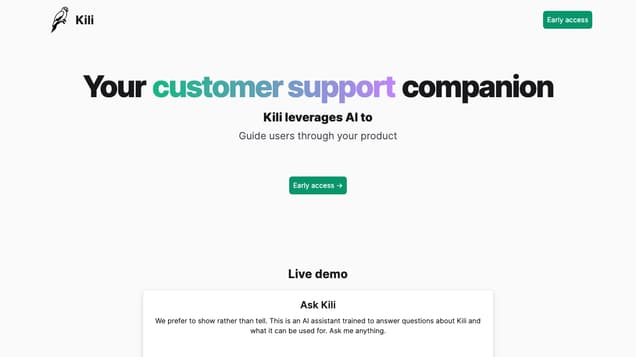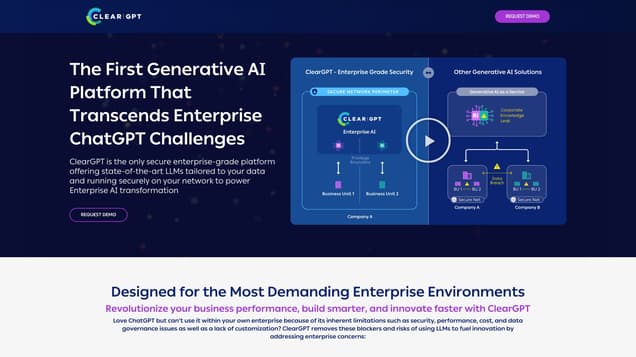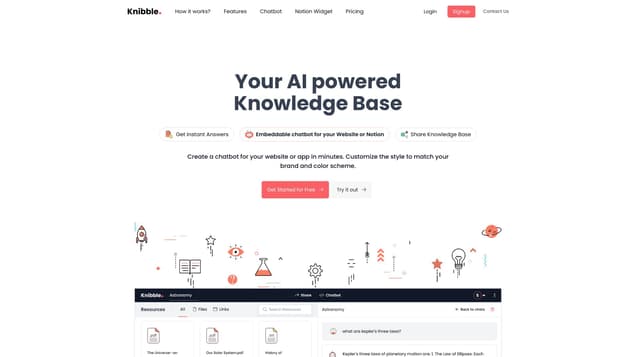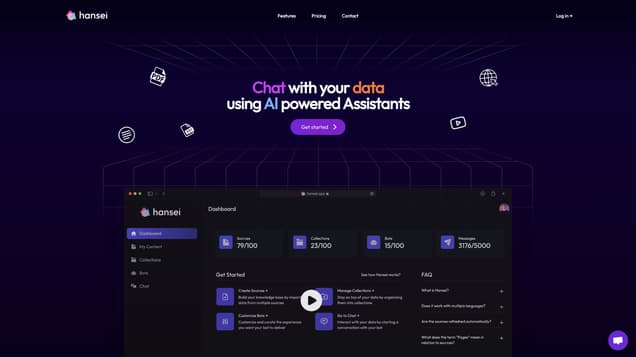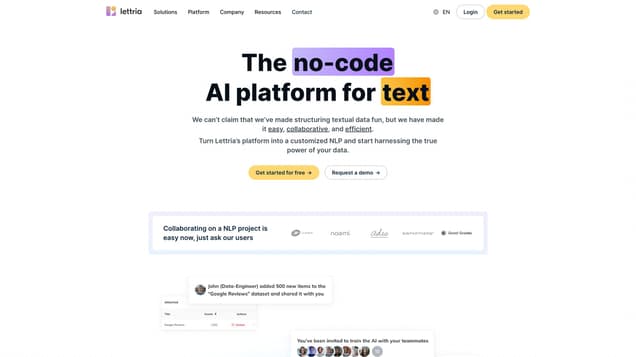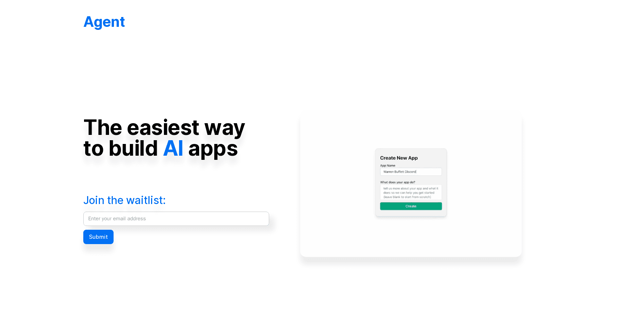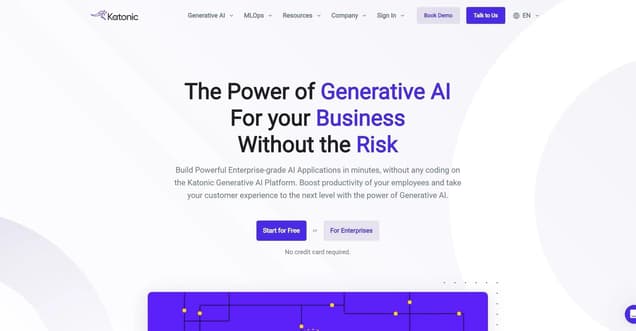
What is Katonic?
The Katonic Generative AI Platform revolutionizes AI application development by providing a no-code solution that streamlines the creation, training, and deployment of personalized AI applications and chatbots. With an extensive range of 75 large language models (LLMs) available, users can leverage the capabilities of Generative AI without requiring coding proficiency.
Information
- Price
- Contact for Pricing
Freework.ai Spotlight
Display Your Achievement: Get Our Custom-Made Badge to Highlight Your Success on Your Website and Attract More Visitors to Your Solution.
Website traffic
- Monthly visits12.44K
- Avg visit duration00:00:53
- Bounce rate90.72%
- Unique users--
- Total pages views16.73K
Access Top 5 countries
Traffic source
Katonic FQA
- What is Generative AI?

- What are some use cases of Generative AI?

- What makes the Katonic Generative AI Platform special?

- What is the Katonic MLOps Platform?

- What are some resources available from Katonic?

Katonic Use Cases
Build AI-powered chatbots and digital assistants that can access and process information from documents or dynamic content refreshed automatically through pre-built connectors.
Identify and extract essential information from unstructured text or surface insights in specialised domain areas without having to create any templates.
Transform dense text into a personalised executive overview, capturing key points from financial reports, meeting transcriptions, and more.
Read and classify written input with as few as zero examples.
Generate content for a specific purpose with expert-level accuracy.
Build semantic search engines which understand the user's intent and the contextual meaning of terms to improve accuracy and search results.
Generative AI enhances data analysis by creating synthetic data, detecting anomalies, extracting key features, and predicting future trends, all within the guard rails you set.
Assist developers in analysing and generating code in various programming languages.
Build recommendation systems that can suggest products, services, or content to users based on their past behaviour and preferences.
Build content moderation systems to moderate content for harmful or inappropriate content.
